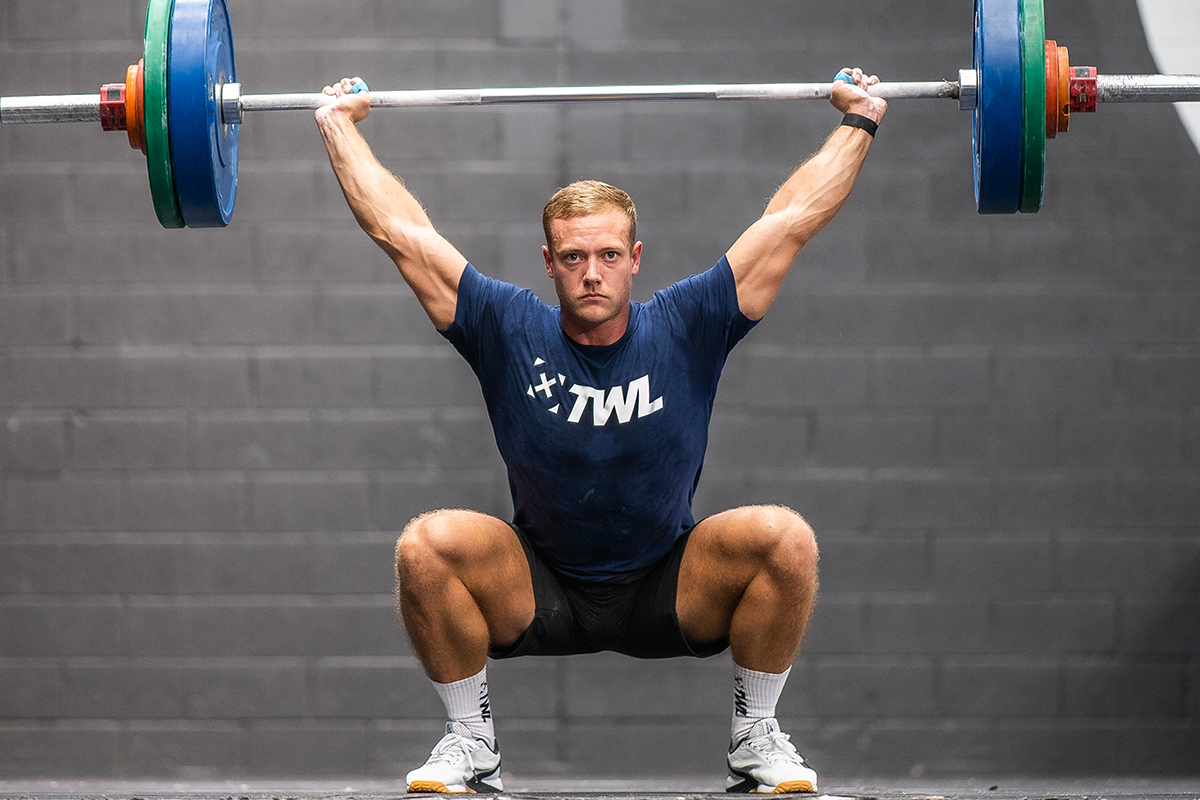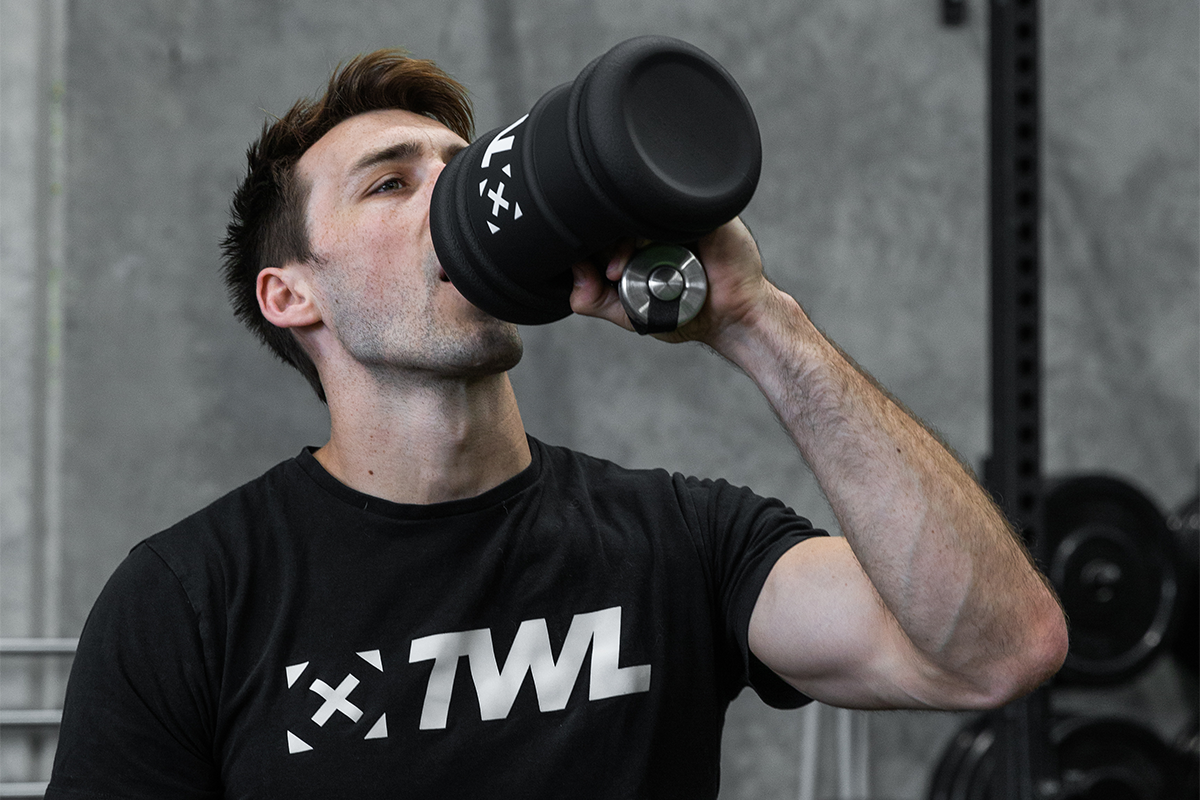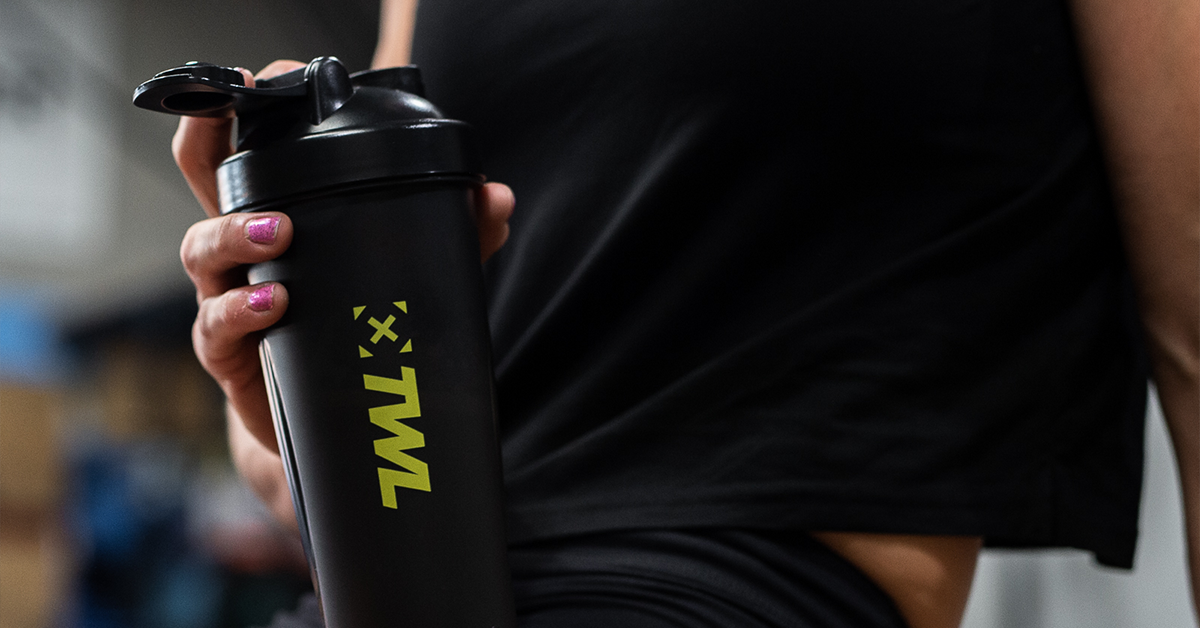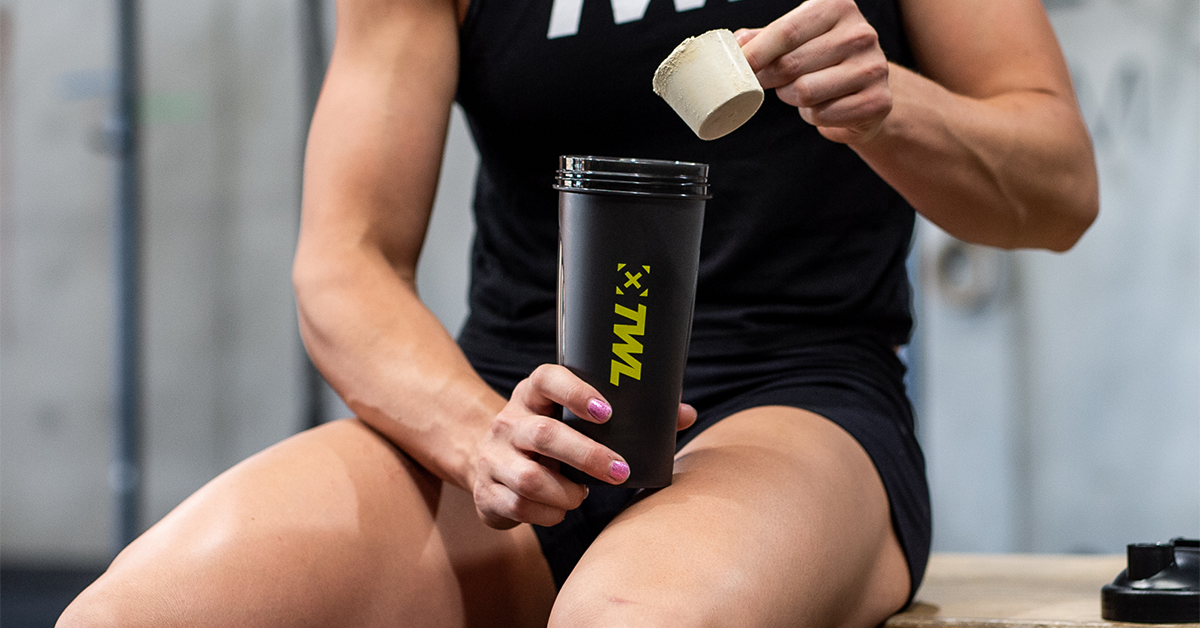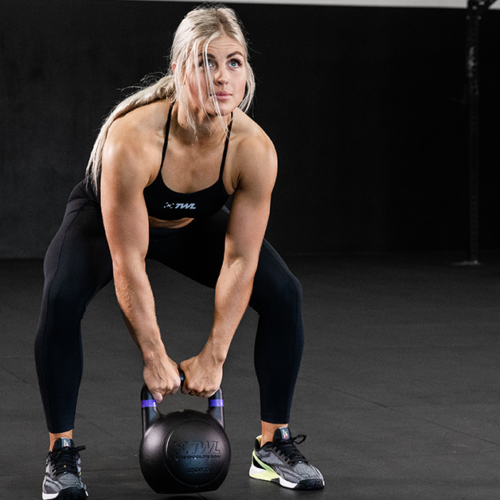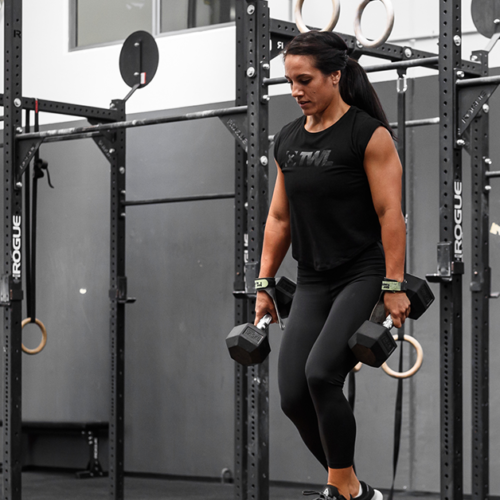Coffee is known to have numerous health benefits. Many of the nutrients found in the coffee bean also find their way into the final brew. Recent studies have shown that coffee consumption helps increase your antioxidants, therefore lending anti-aging properties.
Recently, coffee has gained a reputation for its contribution to weight loss. Those who try intermittent fasting are often advised to take a cup of black coffee during fasting periods to stave off hunger. Your daily cup of joe could do more for you than just wake you up.
The Benefit of Caffeine
The most popular ingredient in coffee is caffeine, a central nervous system stimulant. Caffeine blocks adenosine and allows the substance to increase the firing of neurons in the brain. It also increases the hormone epinephrine in our blood, which sends signals to break down fat cells and release them into the blood as free fatty acids.
Caffeine also helps increase your resting metabolic rate. This is the rate at which we burn calories even when we are not working out. The higher it is, the easier it is for us to create a calorie deficit and lose weight. Caffeine is shown to increase this by 3-11 percent, but the effect is less pronounced for those who are obese. Higher doses have a higher effect, but moderation is advised.
The substance also has a positive effect on your workouts. The increased conversion of fat tissues into fatty acids can improve exercise performance by an average of 11-12 percent. If you often suffer from muscle pain after working out, coffee can also be of help. Two cups of coffee can cut post-workout muscle pain significantly.
Chlorogenic Acid, and more
In addition to caffeine, chlorogenic acid also contributes to boosting your metabolism. The combination of the two makes coffee much more effective. Chlorogenic acid is sensitive to heat, but coffee works better when it is consumed warm or hot. The best way to get an optimal amount of chlorogenic acid in your brew is to select a lighter roast for your coffee blend.
Coffee also has a diuretic effect that can help you fight off edema. This makes it easier for your body to get rid of excess fluids and waste products. This will make you feel healthier and prevent bloating, helping you look slimmer. The aroma of coffee also helps people relax more and in turn, decreases your stress levels.
When should you drink coffee?
To make the most of its metabolism-boosting effects, the best time to drink coffee is 20-30 minutes before a workout. This would be enough time for the effects to kick in, but also waiver just enough for you to maintain a healthy heart rate throughout your routine. Just one cup would do.
Drinking a cup of coffee after a meal could also help burn calories. It also decreases your craving for dessert and potentially prevents you from taking in more calories by giving you a sense of fullness after eating. The positive effects of coffee will kick in just in time for digestion.
Moderation
It’s easy to overdo drinking coffee for weight loss. The key is moderation, which is to limit consumption to two to three cups a day. This is to prevent caffeine overdose, which can make you jittery, disrupt your sleep patterns, cause palpitations, and contribute to anxiety. Experts also recommend leaving three to four hours between each cup to avoid these effects.
Those who want to try coffee for weight loss might also want to consider taking their coffee black instead of with added sugar and cream. Black coffee only has 2 calories, while adding sugar and cream could increase this to 69 calories.
More complicated coffee-based drinks such as those in coffee shops or gourmet coffee drinks can have 300-450 calories each. The high number of calories can be counterproductive to your goals.
In the long term, regular coffee or caffeine consumption may lead to caffeine tolerance. The effects of caffeine on your metabolism might not be as prominent, and we surely would not recommend a higher dosage. One way you might want to regulate this is by taking breaks in between your use of coffee for weight loss. You can do it for two weeks, then take a break for a week or two, before going back to it again.
Coffee alone will not help you lose weight. There is no wonder food that can make magic happen. The use of coffee for weight loss should be accompanied with a healthy, satiating diet and regular exercise.




